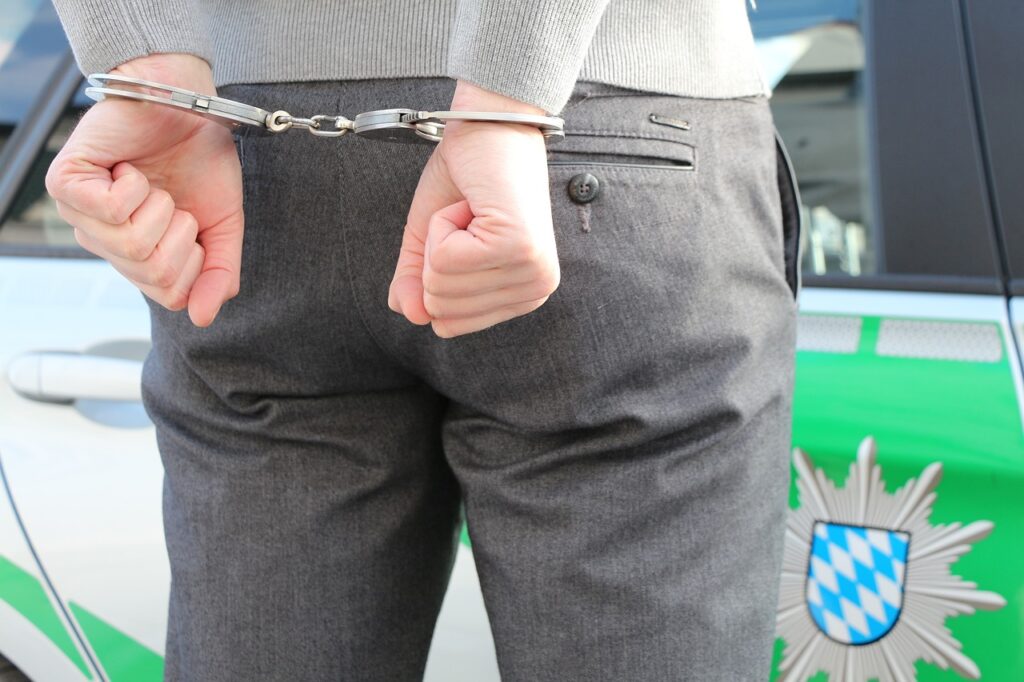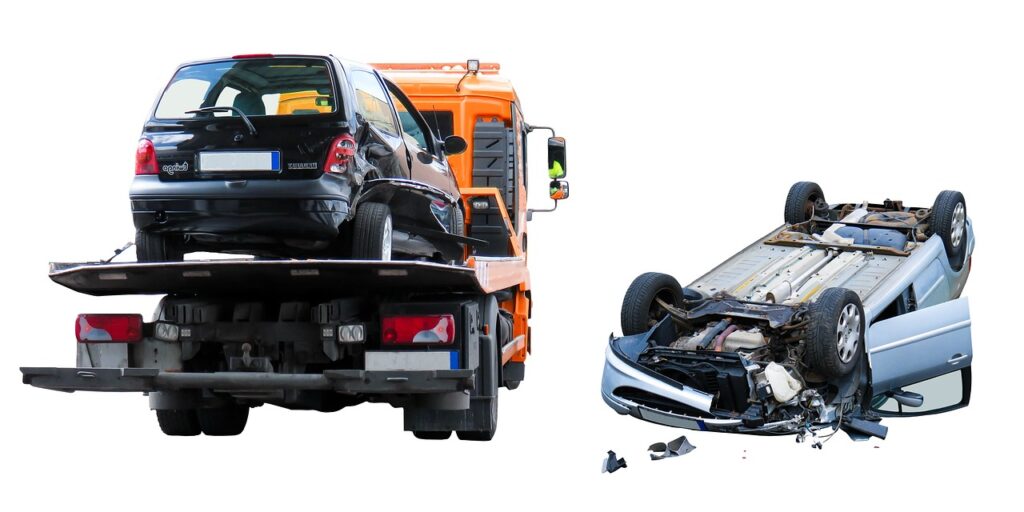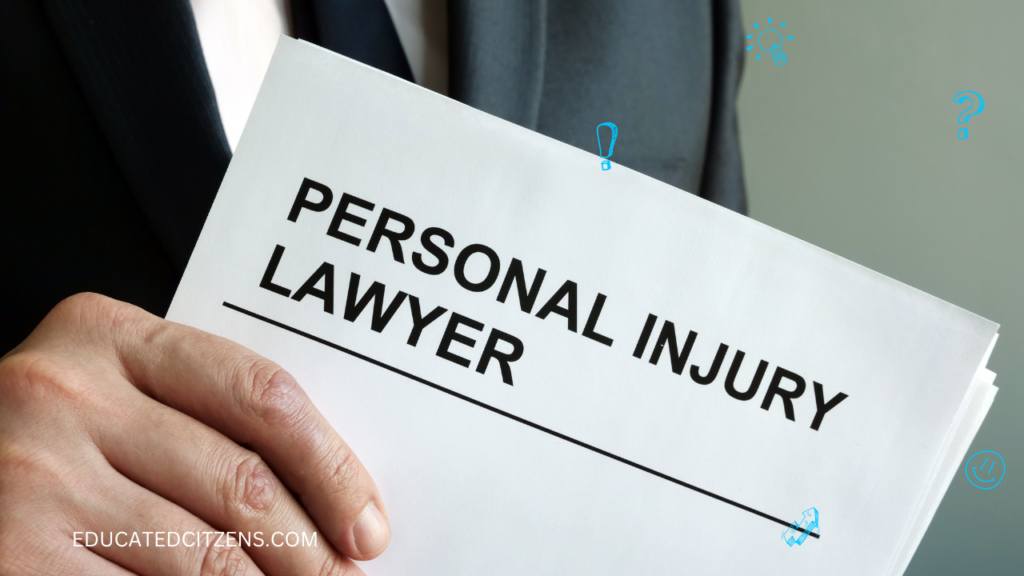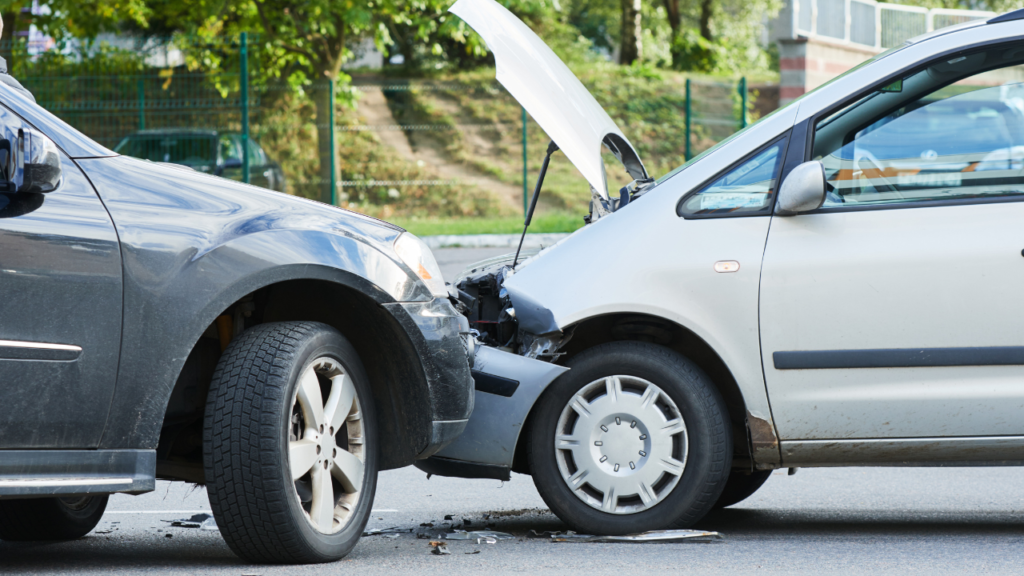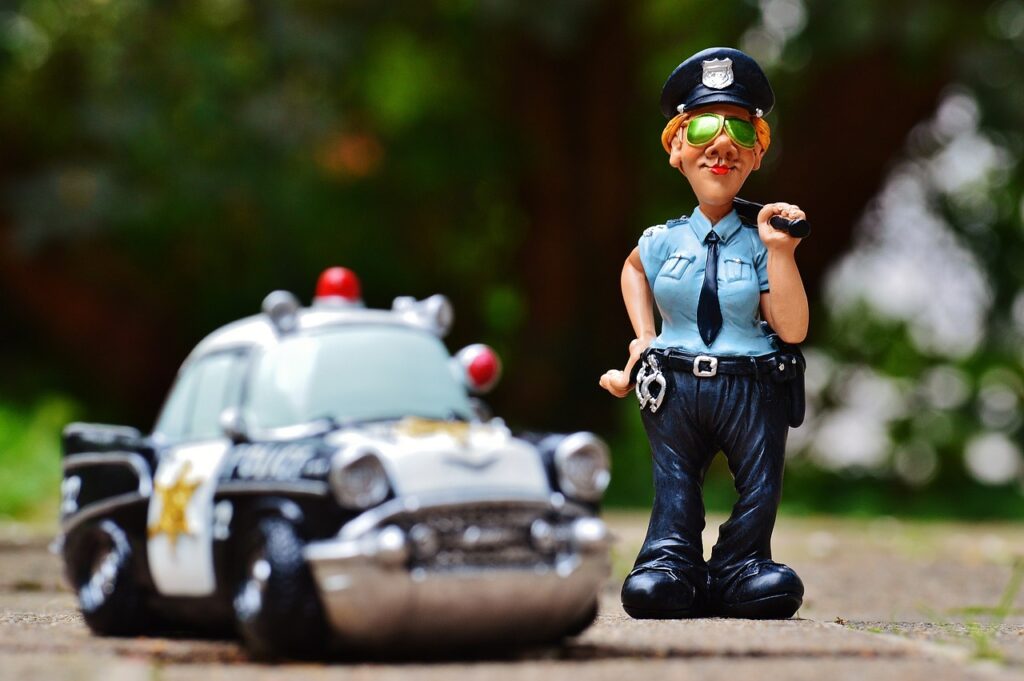Question: Is fleeing the scene of an accident a felony?
Fleeing an accident scene without sharing your contact information or rendering help to the injured, or reporting the accident to the authorities is a crime that is highly punishable by law. Actually, the driver that does so commits what is called a hit-and-run crime.
Here in the USA, you commit a hit and run crime if you choose to flee the accident scene, and depending on the circumstances of the accident, you could spend from 60 days to 25 years behind bars plus paying a hefty fine.
I have on many times written on this website that a person that causes an accident usually faces civil actions, right? how about if you committed a hit-and-run crime? Well, I need to tell you that a person that flees the accident scene faces both criminal and civil penalties depending on the choices of the plaintiff (victim).
well, Fleeing the scene of an accident is a serious crime in the United States and can result in felony charges, punishable by imprisonment, fines, or both.
But, when is fleeing an accident scene a felony or a civil case? According to laws here in the USA, the plaintiff (hit-and-run victim) has 2 options for pursuing a hit-and-run case.
He/she has the option of causing a civil action if he/she wants to be compensated for his damages, and also has another option of filing a criminal case against you, in which case you could be charged with a hit and run felony or hit and run misdemeanor depending the gravity of the hit and run committed.
Page Contents
What is a felony?
Here in the USA, a felony is a serious crime that is punishable by 1 year or more in prison/jail, fines, or both, depending on the severity of the case at hand.

For your own interest, examples of felonies include murder, rape, burglary, drug trafficking, and of course severe forms of hit and runs.
On the other hand, a misdemeanor is a less serious crime as compared to a felony and is punishable by at least less than 1 year in jail, fines, or both. In this, case, you could be charged with either if you left the accident scene illegally.
But, when is fleeing the scene of an accident a felony or a misdemeanor? here we go, guys.
Definition of Hit-and-Run
A hit and run is a legal term that refers to leaving the scene of an accident illegally, as is required by law in your state or your area of jurisdiction.
A hit and run can be classified as severe or a minor hit and run depending on the laws in your state and how severe was the accident. It is a minor hit and run if there were only property damages and or minor body injuries.
On the other hand, you will have committed a felony hit and run if the accident you fled involved severe injuries and or deaths.

It’s a crime to leave an accident scene because such an act puts at risk the lives of the victims you left at the scene helplessly. Such acts could result in unlawful deaths of the victims or permanent disabilities.
You should also remember that, committing a hit and run crime has nothing to do with whether the accident was your fault or not, someone else could have caused the accident but the penalties are slapped on you just because you did not stop to render help to the other driver.
Consequences of Hit-and-Run:
It’s illegal to leave an accident scene unless you have been let go by authorities. Below are some of the consequences of fleeing the scene of an auto accident.
1. Prison/ jail time.
Depending on the severity of the crime, the hit-and-run driver faces jail time or prison time for up to 15-25 years depending on whether you were involved in a felony or misdemeanor hit and run.
2. Fines.
Depending on the gravity of the crime and laws in your area of jurisdiction, expect to pay fines of up to $50,000.
3. Administrative punishments. Depending on whether you had a major or minor hit and run accident, your driver’s license could be revoked or suspended.
5. Civil charges. If you caused the accident but fled the scene of the accident, expect many severe punishments. You will be expected to compensate the other driver by paying him for damages and at the same time face penalties.
Such damages include medical expenses, lost income, lost potential to earn, emotional distress, and pain and suffering. we call them compensatory damages.
4. Punitive damages. These are punishments that the jury subjects to you to stop others from committing the same offenses. The jury could award the hit-and-run victim some money eg $40,000 as your punishment. Of course, you pay such money from your pockets.
5. Trebble damages. If you caused an accident but fled the scene, the jury could ask you to pay compensatory damages for example worth $75,000. The jury could treble ($75,000 x 3) such damages if you acted maliciously as far as the accident is concerned.
Factors that Affect the Severity of the Charge
The penalties slapped on you will depend on many factors, some of, which I already explained up to this point. Other factors that affect the severity of the hit-and-run charges are:
1. How much property is damaged? You should expect to pay much more in damages and fines if you severely damaged the other driver’s car or if you totaled his/her car.
2. Injuries or deaths. Expect to spend many years behind bars if there were deaths or severe personal injuries. Your civil penalties will also be very high in such cases.
3. Level of negligence. If you left the scene of a car accident or caused the accident under the influence of a substance (DUI), expect very harsh punishments.
4. Prior criminal records. The jury or judge will not pity you if it is discovered you have a poor driving history, or you already had one or more such crimes.
Defenses for Hit-and-Run- what to do If you fled the scene of the accident?
You do not want to spend the rest of your life behind bars, or spend a couple of years in jail, right? well, there are certain ways you could defend yourself once you committed a hit and run crime.
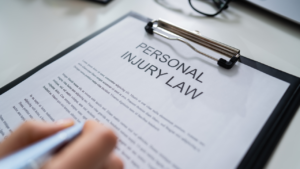
The first thing you need to do to escape charges of hit and run is to hire an attorney. An experienced defense car accident lawyer knows better how to navigate the laws and discover certain loopholes that could set you free, or have your penalties reduced or dropped.
Below are ways you could defend yourself against hit-and-run charges.
1. You were unaware you hit someone. You or your attorney could argue that you were unaware the accident happened. To successfully charge you, the victim needs to prove you knew the accident happened.
2. You left the scene to seek medical care. The jury or judge could drop charges of hit and run against you if you could prove you left to seek medical care for your injuries.
3. You left to handle an emergency. For instance, you were transporting an expectant mother before you got involved in the hit and run accident.
4. You did not commit a hit-and-run. I have seen and heard drivers being accused of crimes they did not commit. You could falsely be labeled the driver that fled the scene of the accident. Your attorney knows ways to prove that.
5. You turned yourself in or cooperated with authorities. By doing that, your penalties could be lessened by the jury or judge.
6. prove you did not cause the accident. This could save you from paying damages to the hit-and-run driver.
Prevention of Hit-and-Run
Fleeing the scene of an accident has serious consequences for both the victim and the hit and run driver.
Learn more: The 15 Most Famous Lawyers IN THE HISTORY OF THE UNITED STATES (clear pictures)
While it is almost impossible to stop a car hit and run accident from happening, there are steps that can be taken to reduce the likelihood of these incidents occurring:
1. Increase awareness. Many drivers do not know the legal implication of leaving an accident scene before they exchanged their contact information with others. Some drivers leave the scene well knowing there are no penalties awaiting them.
2. Strengthen penalties. Many drivers choose to flee the hit and run accident scene intentionally especially if they think the penalties are not so severe or if they think they committed a minor hit and run.
Others are sure they will never be caught by police since only 5-10% of hit and run drivers are comprehended by authorities. Such drivers put other people’s lives at stake and their punishments should be so severe as to deter others from behaving in a similar way.
3. Improving road safety. Reducing the rate of auto crashes reduces the number of drivers committing hit and runs.
This can be done by increasing traffic lighting, increasing traffic calming features, improving traffic signages, and making sure cars on the road are in the best condition.
4. Encourage responsible driving. Drivers should avoid distracted driving, and driving under the influence, and observe the best safe driving habits. Drivers that are sober and careful are more likely to remain at the scene of the accident compared to those that are drunk.
5. Utilization of technology. The use of gadgets like dash cams and automatic license plate recognition systems can help bring more hit-and-run drivers to book. This could increase the number of hit and run cases that are investigated and solved by police.
Conclusion.
Is fleeing the scene of an accident a felony? Yes, fleeing the scene of an accident can be a misdemeanor or a felony depending on the local laws and the circumstances of the accident.
Fleeing the scene of an accident is a felony if there were any bodily injuries and or deaths involved in the auto crash. On the other hand, fleeing the scene of an accident could result in misdemeanor charges if there is only property damage and or minor personal injuries.
